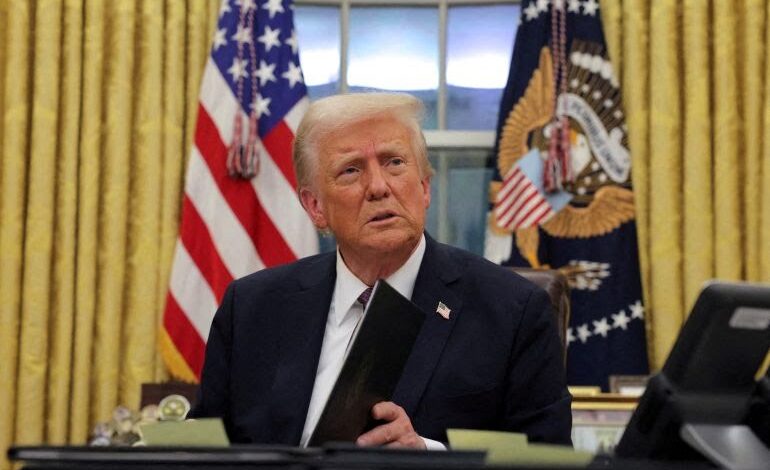Burkina Faso Scraps Visa Fees for Pan-African Dream

In a groundbreaking move, Burkina Faso has announced the abolition of visa fees for all African Nationals, marking a significant step towards promoting pan-Africanism and regional integration.
This decision is expected to have far-reaching implications for the Country’s economy, tourism industry, and diplomatic relations with other African Nations.
According to sources, the move aims to facilitate the free movement of people, goods, and services across the continent, aligning with the African Union’s Agenda 2063.
The decision is also seen as a gesture of solidarity with other African Countries and a commitment to strengthening regional cooperation.
The scrapping of visa fees is expected to boost tourism, trade, and cultural exchange between Burkina Faso and other African countries.
It will also enhance people-to-people diplomacy, foster economic integration, and promote a sense of African unity and shared identity.
Burkina Faso’s decision has been welcomed by many across the continent, who see it as a bold step towards a more integrated and prosperous Africa.
As the Country embarks on this new chapter, it remains to be seen how other African Nations will respond to this initiative and whether it will inspire a wave of similar reforms across the Continent.
Key Highlights:
- Visa fees scrapped for all African nationals
- Move aims to promote pan-Africanism and regional integration
- Expected to boost tourism, trade, and cultural exchange
- Aligns with African Union’s Agenda 2063
- Seen as a gesture of solidarity with other African countries
The decision has been met with enthusiasm and optimism from many African citizens, who see it as a positive step towards greater mobility and cooperation across the continent.
As one African diplomat noted, “This is a bold move that will undoubtedly have a positive impact on our collective efforts towards African integration and prosperity.”
As Burkina Faso takes this significant step towards a more integrated Africa, the international community will be watching with interest to see how this policy unfolds and whether it will inspire similar initiatives across the continent.



